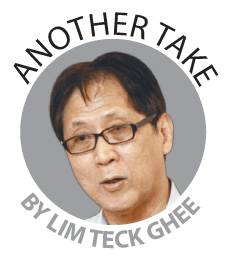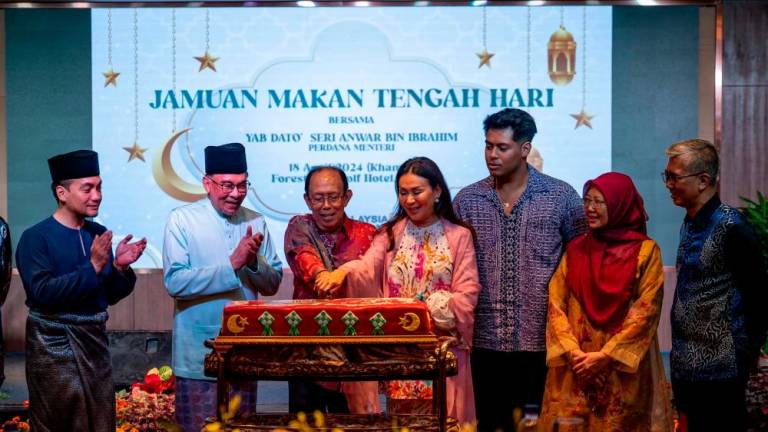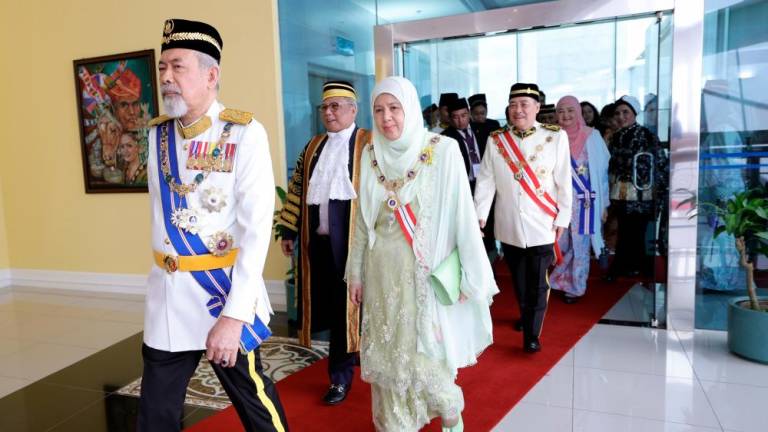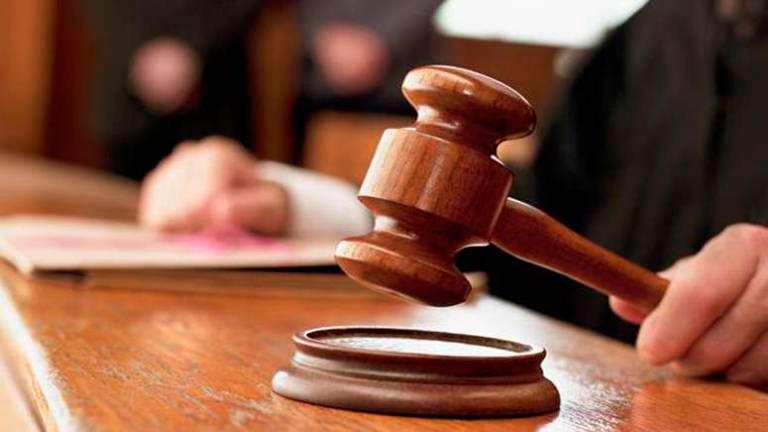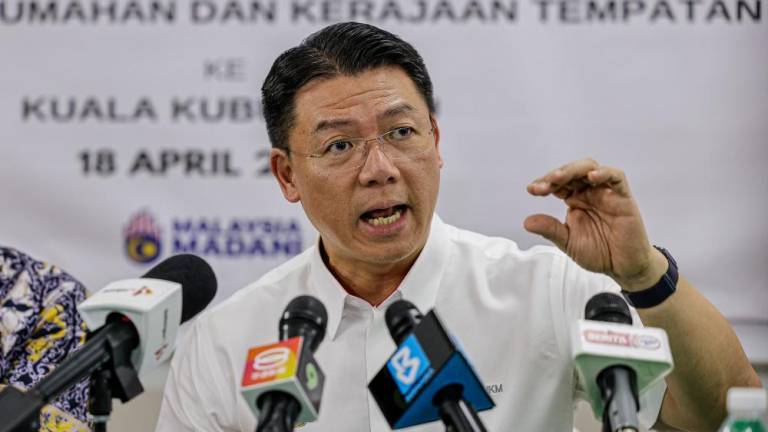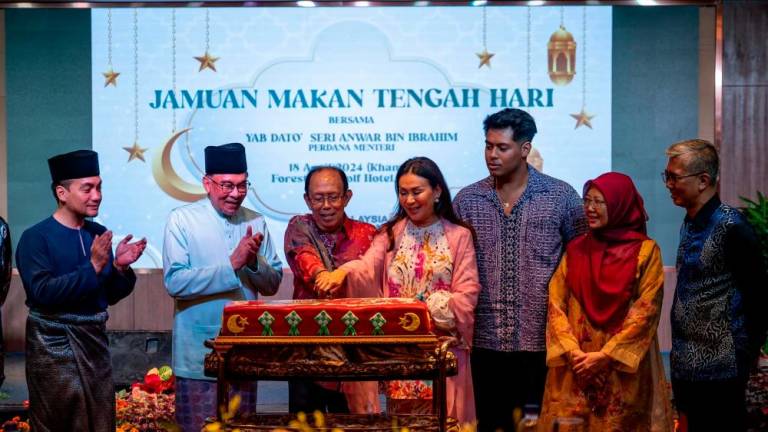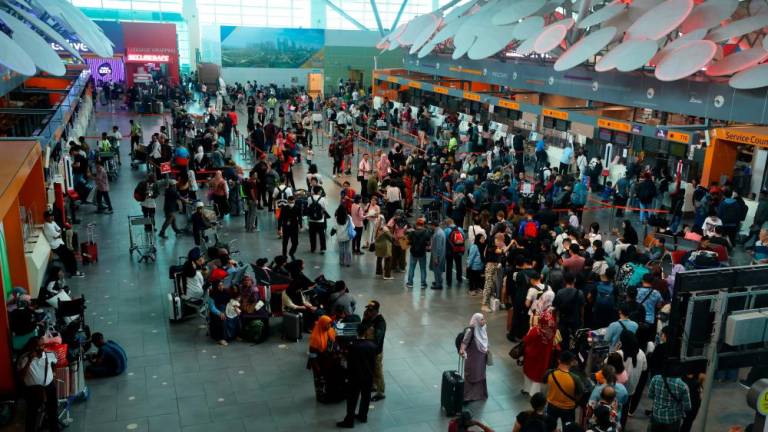IN an effort to counter the racist content in the news and social media as a result of the Covid-19 pandemic, two NGOs, Abim and Komas, have initiated a campaign to get Malaysians to share their stories of unity in diversity. Especially directed at the younger generation, the campaign notes the importance of the country “to be united despite our race, religion and colour, to fight against the common enemy: Covid-19 and racism”.
Contributors to the campaign have been asked to share their story on Facebook, Twitter or Instagram with the hashtag #kitajagakita; #flattentheracismcurve; #akubangsamalayasia; @pusatkomas and @AngkatanBeliaIslamMalaysia (ABIM).
This campaign is in line with a much earlier campaign by the “Saya Anak Bangsa Malaysia” (SABM) grassroots movement which aims at nurturing a multi-ethnic, multi-faith and multi-cultural society in which “people are inextricably bound by a shared history, heritage, a common interest and destiny”.
The SABM charter talks about “a spirit borne of our faith in this country, of its land and its people. It tries to look beyond its nose. This spirit believes more in the walk rather than the talk. It is anchored in love, and is adamant about being much, much more than skin-deep”. See http://sayaanakbangsamalaysia.net/.
But while the spirit of love, togetherness and unity is especially needed during times of tribulation, it is also important to ask the hard questions as to how the key stake player, the government, is responding to the pandemic and whether it is taking the correct actions to mitigate the human and economic impacts.
This is a question being asked by many countries. It is one which needs to be asked in Malaysia.
Politicisation
In the United States, for example, analysts have noted how the politicisation of the pandemic has taken place almost from the start with President Donald Trump himself the chief offender.
Trump’s rhetoric and actions on the domestic and international front are clearly directed at gaining political advantage to ensure his reelection in the coming US presidential elections. His latest measure in withdrawing US funding of the World Health Organisation may gain him a pyrrhic victory. World leaders and his domestic opponents in the Democratic Party have condemned his attempt to cast WHO as the main villain in his desperate search to find a scapegoat to pin the mounting human and socio-economic costs of the disease in the US.
Here, we have been assured by the prime minister during his speech to the nation on March 27 when announcing the Prihatin Rakyat Economic Stimulus Package that although “this government may not be the government that you voted for” it needed the support of all Malaysians to overcome the crisis.
In his words
“This unprecedented situation of course requires unprecedented measures. So, my dear brothers and sisters, and the children of this beloved country, whether you are a Malay, Chinese, Indian, Sikh, Iban, Kadazan, Dusun, orang asal, please bear with me and my friends in the Cabinet and the government. We are not perfect but we are doing the best we can to pull through this crisis together, as one nation. God willing, we will come out stronger when this crisis ends and the dust settles”.
The prime minister may have been totally sincere in his pronouncement.
But has Malaysian politics, as usual, blunted his hope that the nation will emerge united and stronger from the pandemic?
Concerns so far have been raised of the stimulus package addressed to at least two major groups of beneficiaries.
The first is the target group of civil servants. A total of 1.5 million civil servants are recipients of cash relief of RM500 each. While no Malaysian will begrudge the cash relief provided to members of the civil service who have served in the frontline – in fact public opinion is for increasing the cash relief provided to nurses and doctors who have placed their lives at stake – why the government has allocated RM700-800 million of scarce funds to the great majority of civil servants who have not suffered in any way from the pandemic makes no sense: either economic or social. Perhaps there is a political advantage that comes with pandering to a key voter constituency. But if this was the hidden agenda it deserves denunciation.
What has been provided for cannot be withdrawn. However looking at the future, there should be no further topping up of the salaries, allowances or perks dished out to civil servants until such time as the economy fully recovers.
The second relates to the stimulus package provided to small and medium enterprises (SMEs). It needs to be stressed that SMEs and their medium-sized counterparts comprise the economic backbone and lifeblood of the country. Without them, to put it in stark terms, the country’s economy and society will collapse.
The attached table shows how SMEs account for the largest share of economic establishments in all sectors – whether this is in services, manufacturing, agricultural, construction, etc. Not far behind are the mid-tier enterprises (MTE) with turnovers of RM50-500 million and who account for 30% of GDP and 20% of the workforce.
Any attempt by the government to play favourites or discriminate against SMEs and MTEs in providing relief from Covid-19 – whether this is politically, racially, regionally, or sectoral-based – must be deplored as it will lead to severe negative sum consequences for the nation. Reiteration by the government that it has no political or hidden agenda when implementing the various stimulus packages is not enough.
A vigilant and outspoken public and mass media is more important to ensure that the rampant abuses and mismanagement in previous national policies are not repeated and to help the economy return to normalcy as soon as possible. In fact this may be the only sanitiser seeing that the Dewan Rakyat will not convene until May.
Lim Teck Ghee’s “Another Take” is aimed at demystifying status quo orthodoxy. Comments: letters@thesundaily.com



